Scaling Up Surgical Care Could Unlock $80 Billion in Global Economic Gains, Study Finds
New research highlights the untapped potential of surgery to drive recovery and resilience in LMICs.
Expanding access to essential surgical services in low- and middle-income countries (LMICs) could enable 884,000 people to return to work each year—boosting the global economy by more than $80 billion annually, according to a new study published in The Lancet.
The findings, released in Surgical Health Policy 2025–2035: Strengthening Essential Services for Tomorrow’s Needs, come from the University of Birmingham-led NIHR Global Health Research Unit on Global Surgery. The report positions surgery as a powerful enabler of both health equity and economic prosperity.
A Call to Reframe and Invest
Despite its proven impact, surgical care remains out of reach for hundreds of millions globally. The report warns that without urgent investment, LMICs will continue to face avoidable loss of life, disability, and economic stagnation.
Key Recommendations
The study outlines a bold agenda for change, with three core recommendations:
Reframe surgery as a foundational component of integrated health systems—positioning it as essential infrastructure that strengthens diagnostics, critical care, and drug delivery across the board.
Unlock the “surgical prosperity dividend” by investing in key services such as cancer surgery; scaling up access could return nearly a million people to the workforce each year.
Develop innovative funding models to ensure affordability; currently, half of patients undergoing cancer surgery in LMICs pay out of pocket, often facing catastrophic financial consequences.
A Turning Point for Global Health
As global health systems seek to rebuild from multiple crises, the case for scaling up surgical care is stronger than ever.
At the recent 78th World Health Assembly, a wave of new donors committed funding to SURGfund—the first catalytic fund for surgical care. These investments mark a pivotal moment, positioning surgery not as a forgotten service, but as a frontline strategy to strengthen health systems, save lives, and deliver on the promise of universal health coverage.
Read the study in The Lancet:
https://www.thelancet.com/journals/lancet/article/PIIS0140-6736(25)00985-7/abstract
Keep engaged with us!
Donate to support our projects
Sign up with your email in the footer to receive updates
Keep reading
In Kenya, where maternal mortality rates remain alarmingly high, a new SURGfund project is transforming obstetric care for over 25,000 women each year. Read more


